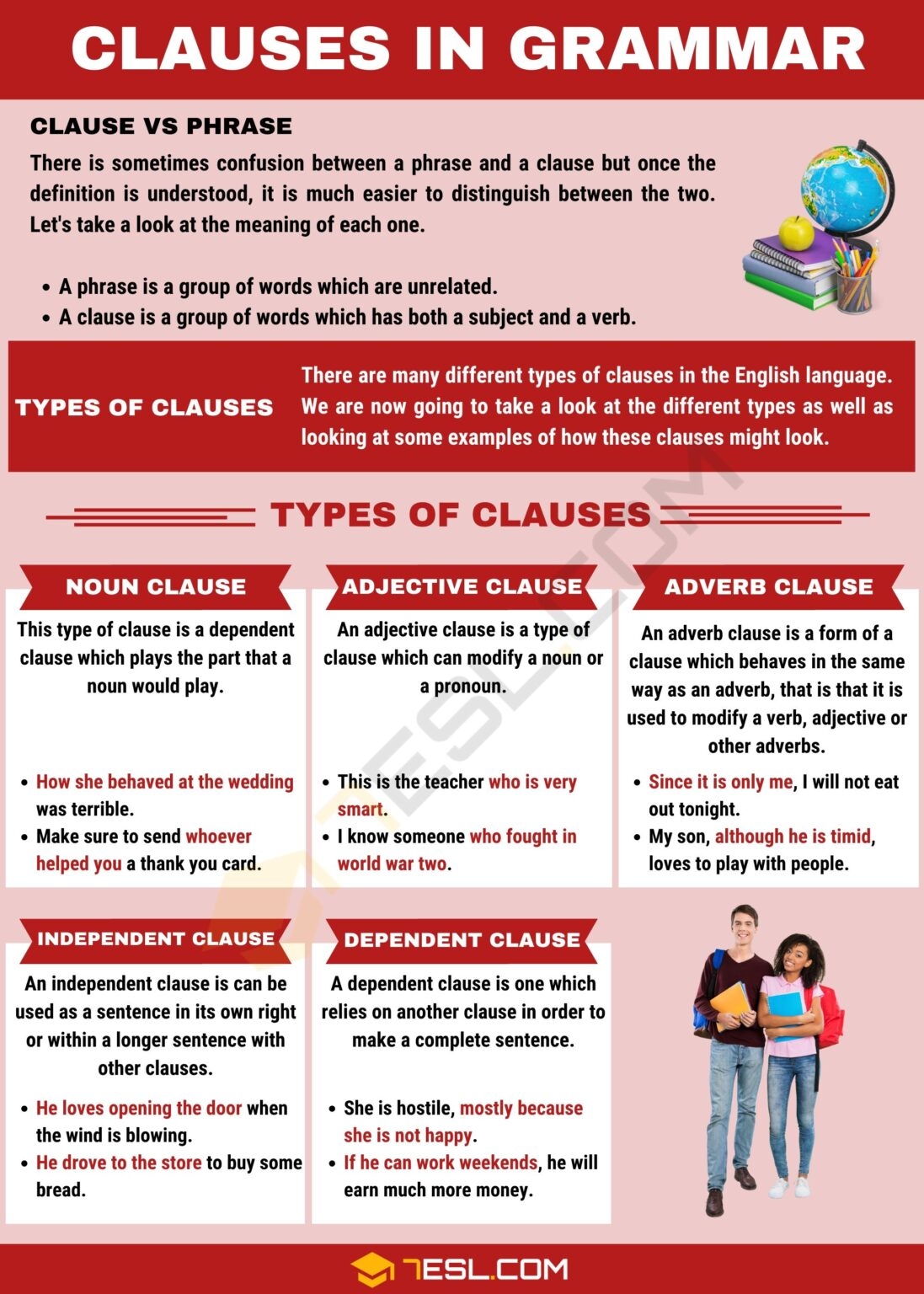Conditional sentences are used to express a condition and a result that depends on that condition. If clause type 3, also known as the past unreal condition, is used to talk about situations that did not happen in the past and their hypothetical results. It is formed by using the past perfect tense in the if clause and the perfect conditional tense in the result clause.
It is important to remember that if clause type 3 is used to talk about things that are impossible or unlikely to happen in the past. These sentences often express regret or dissatisfaction about a situation that did not occur. Let’s take a look at some examples of if clause type 3:
1. If I had studied harder, I would have passed the exam.
In this example, the person did not study hard enough in the past, and as a result, they did not pass the exam. The use of if clause type 3 expresses regret about not putting in more effort.
2. If she had listened to my advice, she wouldn’t have made that mistake.
In this case, the person gave advice to someone in the past, but the other person did not listen. As a result, they made a mistake. The use of if clause type 3 shows a hypothetical situation that did not happen.
3. If it had rained yesterday, we wouldn’t have gone to the beach.
Here, the weather did not change as expected, so the people went to the beach. The if clause type 3 indicates that the plan to go to the beach was dependent on the rain, which did not happen.
4. If they had left earlier, they would have caught the train.
In this example, the people did not leave on time and missed the train. The use of if clause type 3 emphasizes that leaving earlier was necessary to catch the train, but it did not happen.
5. If I had known you were coming, I would have baked a cake.
Here, the speaker did not have prior knowledge of the visitor’s arrival, so they did not prepare a cake. The if clause type 3 highlights the missed opportunity to bake a cake due to not having the information in advance.
In conclusion, if clause type 3 is used to talk about unreal situations in the past and their hypothetical results. By using the past perfect tense in the if clause and the perfect conditional tense in the result clause, we can express regret, dissatisfaction, or missed opportunities. It is essential to understand the structure and meaning of if clause type 3 to effectively communicate these types of situations.
